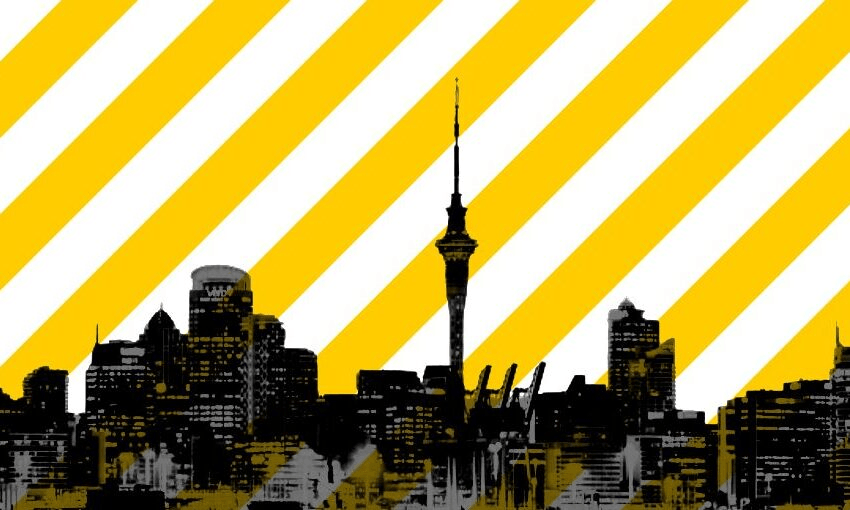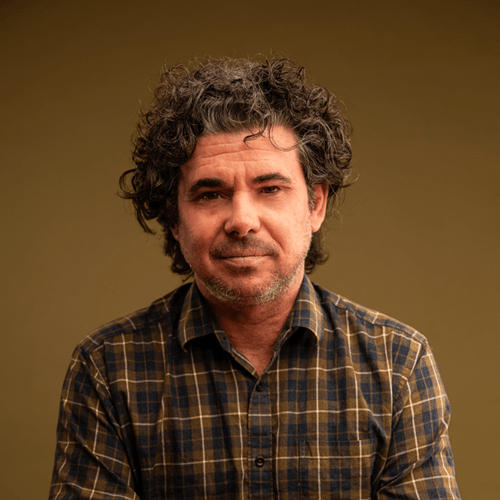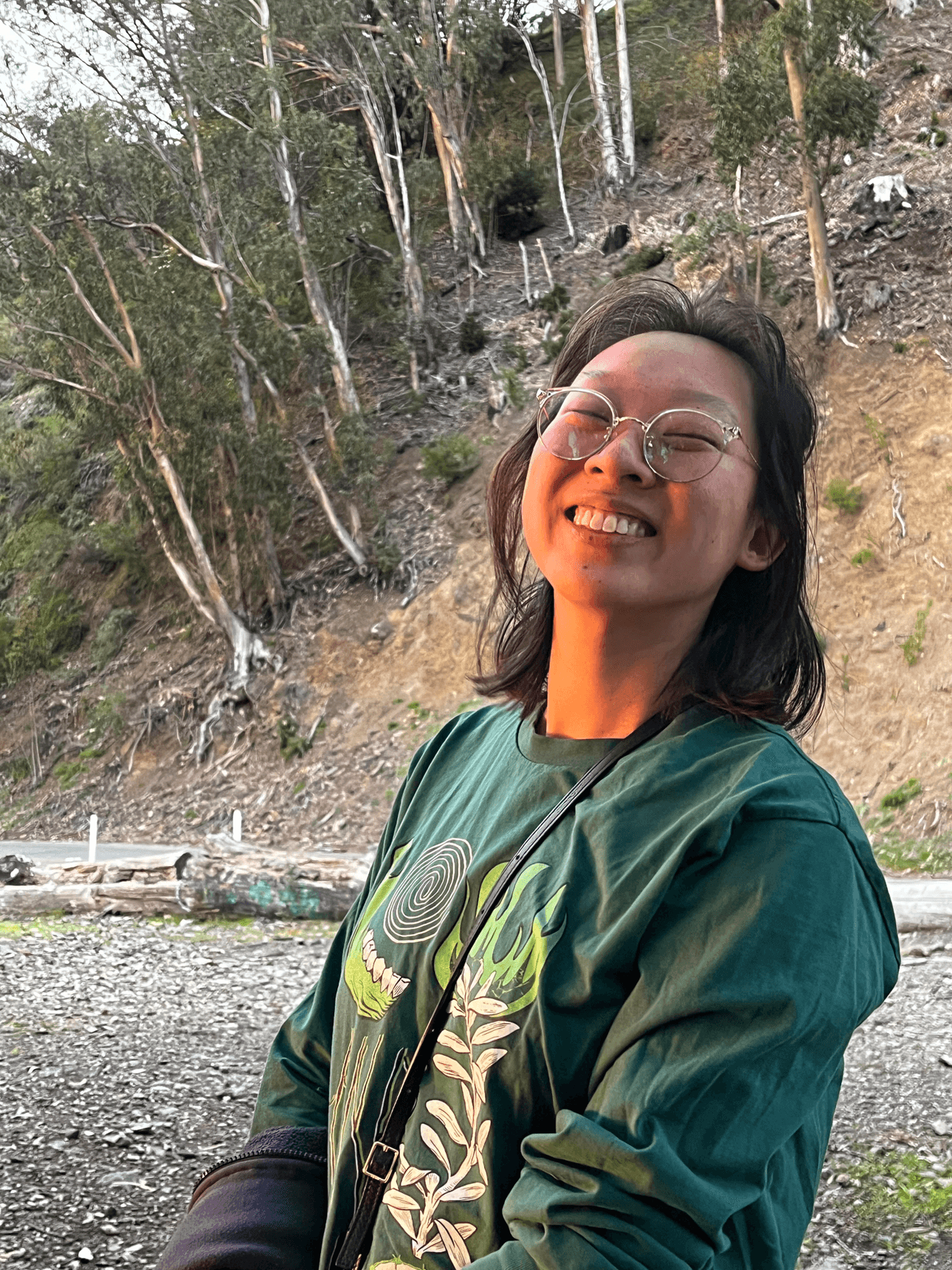Good morning and welcome to The Bulletin. In today’s edition: A big decision on what comes next, an important ruling on the lockdown legality, a power pair installed to troubleshoot the testing regime, and how concerned should we be about air crew?
Six days ago, when the prime minister announced that Auckland would remain in alert level three and the remainder of New Zealand in level two until the end of Wednesday August 26, Jacinda Ardern also promised that the settings would be reviewed – and that review comes tomorrow.
Cabinet will be given three options to consider, reports veteran press gallery journalist Richard Harman on his Politik site this morning. According to information leaked to him, “the options at the moment range from pessimistic to optimistic based on the Covid situation”. Those three options? The most pessimistic read on the state of the outbreak would see Auckland remain at level three for a further fortnight, and the rest of the country stay at level two.
The second option would drop Auckland to “level two plus”: a more restrictive version of the current settings across the remainder of the country; the rest of New Zealand would return to alert level one (or, perhaps the “level 1.5” floated by Ashley Bloomfield in recent days). Option three would put Auckland at level two and the rest of New Zealand at level one. Harman’s pick? The middle option.
Justified but unlawful. That’s the verdict of the High Court on the first chunk of the lockdown back in March. Everything was ticketyboo from early April on, legally speaking, determined the full bench of judges , but the initial requirement to stay at home, covering the first nine days from March 27, was “not prescribed by law and was therefore contrary to section 5 of the New Zealand Bill of Rights Act”. So while the government gets a slap on the wrist, it’s a fairly gentle one: a number of other legal objections put to the court were rejected, which also stated that the even the unlawful bit of the lockdown was “necessary, reasonable and proportionate”.
The government “got lucky”, suggests Thomas Coughlan in a front page analysis for the Dominion Post. “There is the potential for people and businesses to bring a case against the government for issues relating to those first nine days, but their numbers are likely to be low,” he writes.
There’s no one better at explaining what matters in rulings such as these than Otago law professor Andrew Geddis. He’s just filed an analysis for The Spinoff that notes: “In choosing to lead with the threat that Covid-19 poses the court makes it abundantly clear that it is going to cut the government a lot of slack when reviewing the overall legality of its actions in response.” Which, Geddis suggests, is fair enough, too.
New measures are being introduced to tighten up the border operation with the origin of the main Auckland cluster still unknown and revelations around an inadequate scale-up of testing. Michael Morrah, whose tenacious reporting has shone a light on real-world examples that contradict the official line throughout the Covid crisis, has a useful summary of what he calls “sweeping changes” on Newshub.
They include deploying 500 extra NZ Defence personnel at isolation and quarantine facilities, replacing some of the roles performed currently by private security guards, and the appointment of a new team to supervise border and isolation testing. That will be co-chaired by two heavyweights of public life. Heather Simpson, whose reputation dates back to her work alongside then prime minister Helen Clark, recently completed a two-year review of the health system. Sir Brian Roche, whose lengthy CV includes CEO of NZ Post, recently undertook a review of protective equipment supply and distribution. The appointments prompted concern, however, from some Māori health experts, Stuff reports.
Opposition leader Judith Collins said the moves represented “an admission of failure”. She’ll get a chance to lay out her own approach today, with National’s border security policy being revealed at 11am. The Herald is reporting this morning that earlier pledges to open up to international students and isolate them in university digs have been dropped, and a compulsory Bluetooth Covid card for people working near the border is in. RNZ is suggesting it will involve a border “super agency”. We’ll have the very latest from the announcement at parliament in our live updates.
There has been growing concern, too, around the protocols surrounding international air crew. The minister of health, Chris Hipkins, yesterday attempted to address that in a meeting with Air New Zealand. The airline said it was confident its “strict protocols” were working. How? “We know these have been working because since early April, we haven’t had a case of Covid-19 in the airline,” said CEO Greg Foran. He was, however, “committed to working with government to do even more to protect our staff, customers and New Zealanders from Covid-19”.
Hipkins pointed out that crew returning from the US had stricter isolation requirements on return, and that those travelling to, for example, China, were required to have a test on arrival. “We’ve just got to work our way through all of those practical ins and outs to make sure that the regime is as robust as possible,” he said.
In light of those comments, a report last night on TVNZ was concerning. It began: “Air New Zealand says it’s investigating after allegations a flight attendant breached level three lockdown to fly as a passenger from Auckland to Wellington.”
The search continues to establish how a maintenance worker at the Rydges isolation hotel in Auckland contracted Covid. It has been established via genome sequencing that the strain was imported into the country with a woman who stayed at the hotel, but there is no sign of any contact between the two people. Air Commodore Darryn Webb last night told RNZ there may have been a human intermediary, a nurse who had contact with both the guest and the worker. She initially tested negative, but is being tested again.
Among the approaches being used in the search for the missing link is serology testing. What’s that? Here’s something Siouxsie Wiles prepared earlier.
Since I have the Bulletin pulpit this morning, permit me take a second to say a big thanks to Spinoff readers loyal and new. It’s buoying to see the audience continue to grow, and we’re working as hard as we can to produce an engaging mix of news, features and, of course, escapist nonsense. As we push through a second Covid outbreak, however, the commercial pressures are very real.
Frankly, without the support of Spinoff Members we would be struggling to hang in there. If you’re not already signed up and you’re able to, please consider joining. Donations from Spinoff Members make it possible for us to focus on meaningful, unflinching and resource-demanding journalism. Whether it’s Covid, or the misinformation peril, or the stories that you just won’t see elsewhere, Member contributions are mission critical. Plus: a joyous tea towel to lift your mood and dry your dishes. Have a look here.
The Ministry of Education has granted 27 Auckland secondary schools clearance to reopen for Year 12 and 13 students under alert level three, reports Stuff. The schools have needed to satisfy the ministry that they will meet the necessary health and safety requirements for operating under level three conditions. It follows pressure from schools such as Auckland Grammar, whose headmaster told RNZ that students would miss important examination milestones were they unable to attend.
Aorere College principal Greg Pierce, who leads a group of low-decile south Auckland schools, told Stuff the policy was “only going to further advantage certain types of schools and communities and disadvantage others, particularly those situated in south Auckland”.
 For your reading pleasure on The Spinoff: Justin Latif on the ways South Auckland is standing up to racism, rumour and fear-mongering around the re-emergence of Covid. Sam Brooks watches John Campbell neck a bowl or three of kava with Meldownz and it’s very good. An important post by Juliet Moses asks: Why is New Zealand honouring the legacy of an unrepentant Nazi?
For your reading pleasure on The Spinoff: Justin Latif on the ways South Auckland is standing up to racism, rumour and fear-mongering around the re-emergence of Covid. Sam Brooks watches John Campbell neck a bowl or three of kava with Meldownz and it’s very good. An important post by Juliet Moses asks: Why is New Zealand honouring the legacy of an unrepentant Nazi?
The latest and third episode in our Youth Wings series centres on the co-conveners of the Young Greens. This series is enormous, beautifully crafted fun; as long as the campaigns proper are paused, this is the political fix you need.
Finally, a couple of enthralling, beautifully written first-person New Zealand stories from yesterday. RNZ’s Veronica Schmidt has described how a horrible experience at Kmart was made worse by the way it was handled. And Anna Connell-Rawhiti has written a tremendous column on weight-loss surgery. Read them both.
Alex Braae will be back tomorrow. We’re hoping he’ll get back out on the road when the campaign proper kicks off again next month. He’s already knocked a few out of the park on his camper-travels. Such as this from Matamata, pre-Covid-resurgence; this interview in Whakatane with the National Party’s East Coast candidate Tania Tapsell; and this fascinating, nuanced feature from Marton, where he went to meet the newest New Zealand Christian party, the One Party.
That’s it for The Bulletin. If you want to support the work we do at The Spinoff, please check out our membership programme



